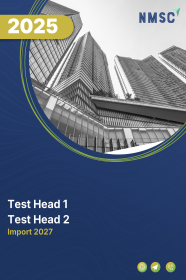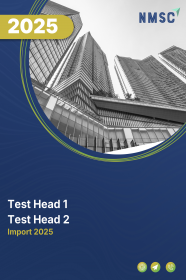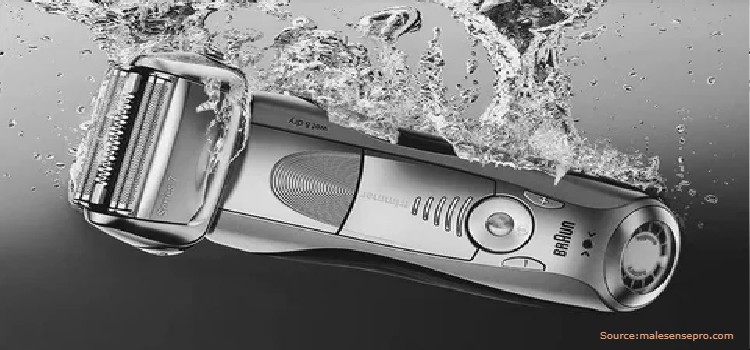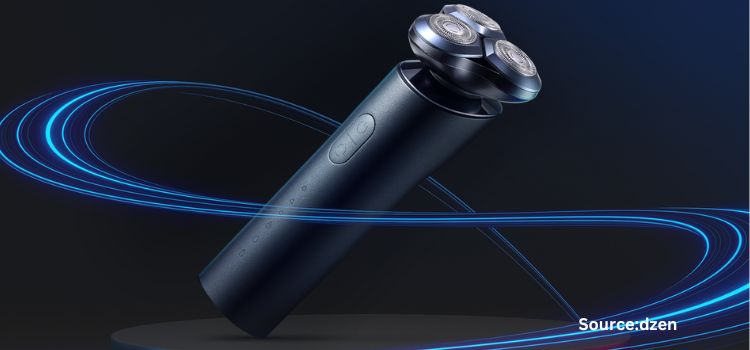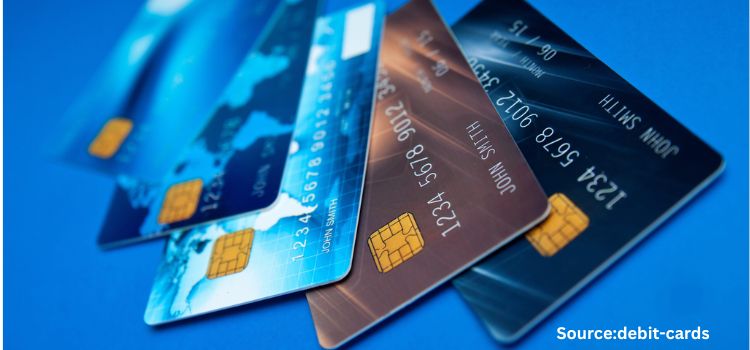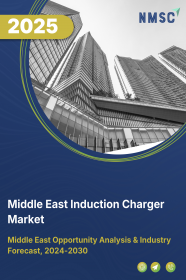
Middle East Induction Charger Market by Power Output (5W to 15W, 16W to 30W, Above 30W), by Charging Standard (Qi Standard, AirFuel), and by Distribution Channel (E-Commerce or Online and Offline) – Opportunity Analysis and Industry Forecast 2024–2030
Industry: Retail and Consumer | Publish Date: 21-Dec-2024 | No of Pages: 100 | No. of Tables: 70 | No. of Figures: 35 | Format: PDF | Report Code : RC1325
US Tariff Impact on Middle East Induction Charger Market
Trump Tariffs Are Reshaping Global Business
Market Definition
Middle East Induction Charger Market was valued at USD 20.45 million in 2023, and is predicted to reach USD 52.0 million by 2030, with a CAGR of 13.6% from 2024 to 2030.
The induction charger industry, part of the wider consumer electronics sector, is undergoing swift evolution and gaining recognition on the global technology front. This field is dedicated to advancing and spreading wireless charging technology, a method that enables the transmission of electrical power without relying on physical connectors or cables.
Fundamentally, the technology behind induction chargers is grounded in electromagnetic induction, employing an electromagnetic field to facilitate the transfer of energy between two objects a charging pad and a compatible device.
Increasing Dependency on Smartphones and Electronic Devices Propels the Expansion of the Induction Chargers Market
The growing reliance on smartphones and electronic devices in the Middle East has resulted in an increasing demand for wireless charging solutions. With consumers adopting a technology-driven lifestyle, there has been a notable rise in the demand for induction chargers, known for their convenience and efficiency.
This shift underscores a preference among consumers in the Middle East for uncomplicated and cord-free charging solutions. Induction chargers, acknowledged for providing a seamless and efficient charging experience, have consequently become the preferred choice to meet the modern needs of tech-savvy individuals in the Middle East.
The Growing Integration of Induction Chargers in Public Spaces Contributes to The Expansion of The Market
The seamless incorporation of wireless charging capabilities into public spaces and businesses throughout Middle East has significantly enhanced the convenience and accessibility of this technology. An increasing number of cafes, airports, and public transportation systems are integrating dedicated wireless charging infrastructure, motivating users to select devices compatible with induction chargers.
This widespread availability not only caters to the fast-paced lifestyle of individuals but also serves as a driving factor for market expansion, cultivating a heightened preference for induction charging solutions among consumers.
The Standardization of Wired Chargers Hinders the Growth of the Induction Charger Market
The extensive embrace of USB Type-C connectors in wired chargers poses a considerable obstacle to the induction charger market. This standardization ensures compatibility with a wide range of devices, establishing USB Type-C as a convenient and adaptable charging solution. Its rapid charging capabilities, often surpassing those of many wireless chargers, enhance its allure, especially for users prioritizing swift charging experiences.
Introduction of Qi v2.0 Standard for Wireless Charging Creates Ample Opportunity
The launch of Qi v2.0, the latest wireless charging standard, is poised to impact the induction charger industry significantly. Offering enhanced features such as magnetic attachment, improved charging speed, higher efficiency, and greater convenience, Qi v2.0 is set to elevate user experiences.
With the first Qi v2.0 certified devices, including Apple's iPhone 15 series and various power transmitters, expected to hit the market during Christmas, significant manufacturers, including Belkin, Mophie, Anker, and Aircharge, are gearing up with compatible products. Over 100 devices are already undergoing testing or certification for Qi v2.0.
This new standard is expected to unify the wireless charging industry, promoting smoother, faster charging and broader interoperability. As Qi v2.0 becomes the global benchmarkfor wireless charging, its adoption will likely simplify the market and enhance universal compatibility, driving growth in the induction charger sector as more consumers move towards Qi v2.0 compatible charging solutions.
Competitive Landscape
The Middle East induction charger industry includes several market players such as Samsung Electronics Co. Ltd., Apple Inc, Anker Innovations Technology Co. Ltd., Belkin International, Inc., Xiaomi Corporation, Huawei Technologies, ASUSTeK Computer Inc., ZAGG INC., Energizer Holdings, Inc., and Aukey Corporation Limited.
Middle East Induction Charger Market Key Segments
By Power Output
-
5W to 15W
-
16W to 30W
-
Above 30W
By Charging Standard
-
Qi Standard
-
AirFuel
By Distribution Channel
-
E-Commerce or Online
-
Offline
REPORT SCOPE AND SEGMENTATION:
|
Parameters |
Details |
|
Market Size in 2023 |
USD 20.45 Million |
|
Revenue Forecast in 2030 |
USD 52.0 Million |
|
Growth Rate |
CAGR of 13.6% from 2024 to 2030 |
|
Analysis Period |
2023–2030 |
|
Base Year Considered |
2023 |
|
Forecast Period |
2024–2030 |
|
Market Size Estimation |
Million (USD) |
|
Growth Factors |
|
|
Companies Profiled |
10 |
|
Market Share |
Available for 10 companies |
|
Customization Scope |
Free customization (equivalent up to 80 working hours of analysts) after purchase. Addition or alteration to country, regional, and segment scope. |
|
Pricing and Purchase Options |
Avail customized purchase options to meet your exact research needs. |
KEY PLAYERS
-
Samsung Electronics Co. Ltd.
-
Apple Inc
-
Anker Innovations Technology Co. Ltd.
-
Belkin International, Inc.
-
Xiaomi Corporation
-
Huawei Technologies
-
ASUSTeK Computer Inc.
-
ZAGG INC.
-
Energizer Holdings, Inc.
-
Aukey Corporation Limited.

















 Speak to Our Analyst
Speak to Our Analyst



